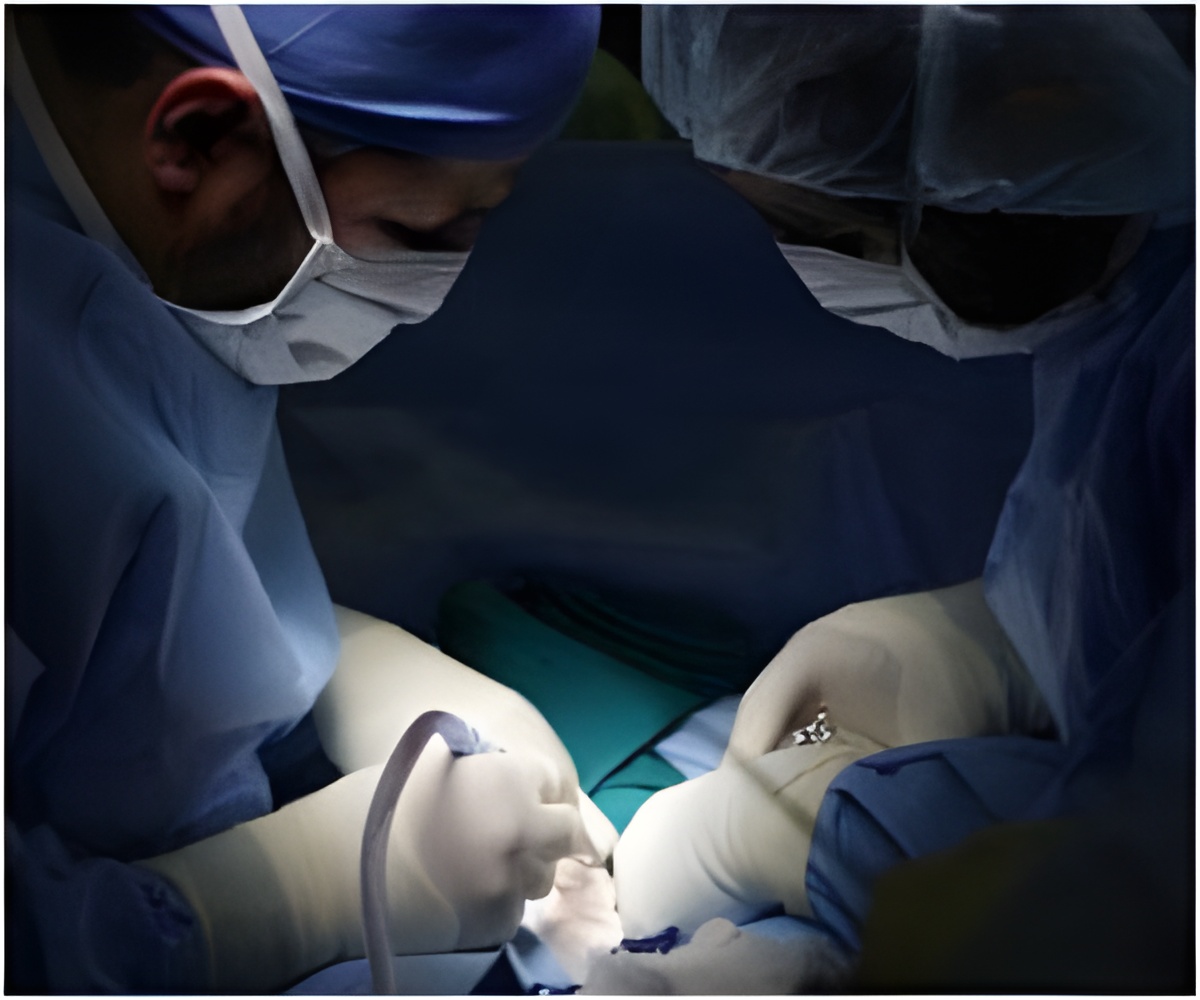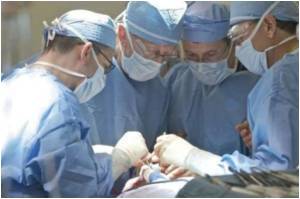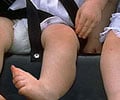
Girulis was born with arthrogryposis, a neuromuscular disease that prevented him from rotating and flexing the muscles in his arms and, to a lesser extent, in his legs. He learnt to walk at the age of 6-years after having undergone six major surgeries in Lithuania and Sweden and has always needed someone to help him throughout the day.
Girulis discovered Dr. Aszmann and his work on the internet. Before Dr. Aszmann could perform the elective amputation, he had to transplant nerves into Girulis's shoulder for him to be able to control his new limb. Girulis also had to train his shoulder muscles for almost a year and had muscle transplanted from his thigh. To get the hang of it, Girulis practiced with a virtual hand on the computer, wherein he would move it mentally with the help of electrodes, all while controlling his muscle activity on another screen. Every time Girulis moved his arm, he would hear a beep meant to make him fully aware of the motion he was making.
Dr. Aszmann plans to publish an article on this case, after making sure Girulis's bionic arm continues to work well over the long term.
Source-Medindia














